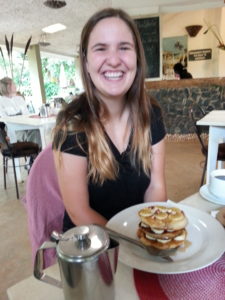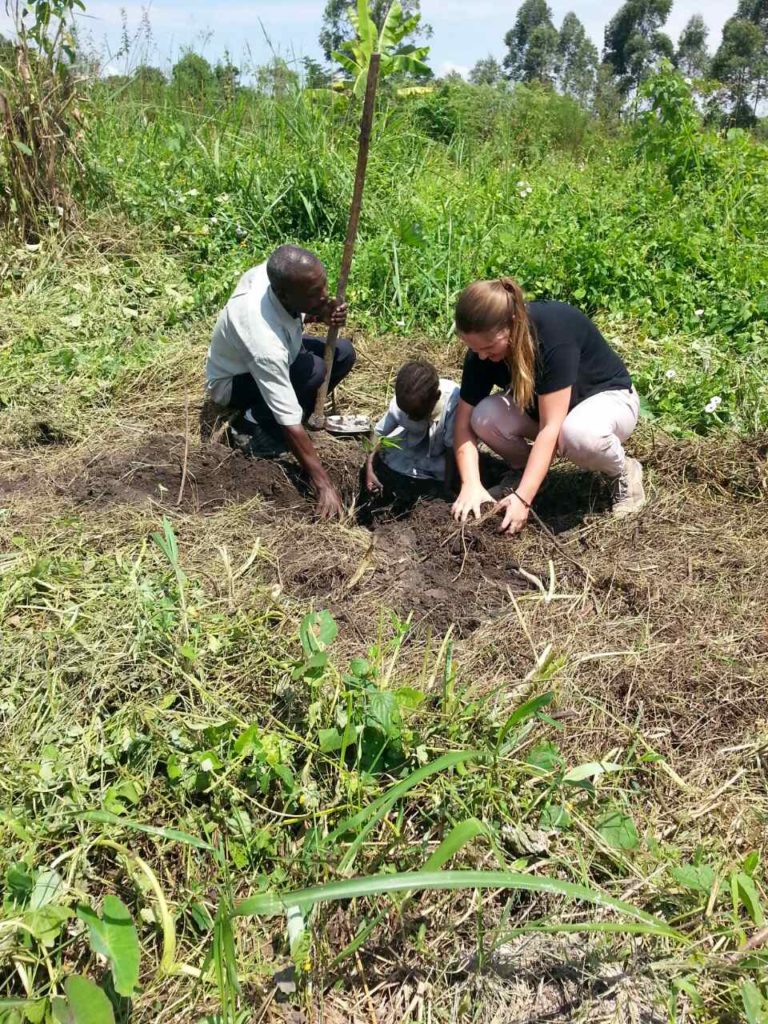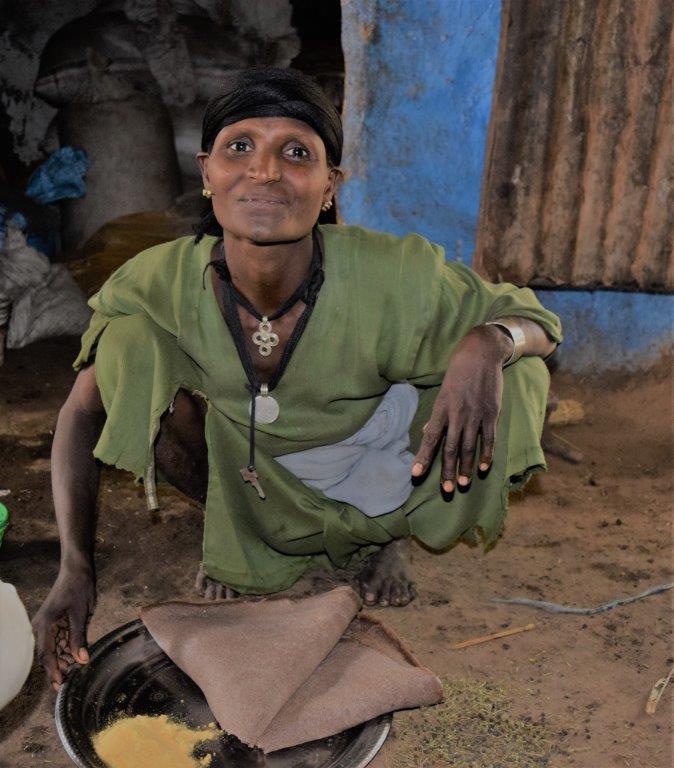Abby Fate is a summer intern who began her work for Water to Thrive with a huge plate of banana pancakes upon her arrival in Uganda and then found herself immediately plunged into the vital work of partnerships and planning. A fortuitous connection with a public health research team from Duke University will bear fruit for Abby’s work and for Water to Thrive for some time to come.
 It’s been a whirlwind week here in Uganda! Before coming here on my first trip to subsaharan Africa, I honestly wasn’t sure what to expect. Being here has been simultaneously exhausting and exhilarating, and the rest of the team here has made sure that, as one of the babies of the group, I’m well taken care of.
It’s been a whirlwind week here in Uganda! Before coming here on my first trip to subsaharan Africa, I honestly wasn’t sure what to expect. Being here has been simultaneously exhausting and exhilarating, and the rest of the team here has made sure that, as one of the babies of the group, I’m well taken care of.
I’m excited to be working as a summer intern with Water to Thrive, and, after returning to the States next week, I’ll be spending the rest of the summer working on an impact study on program effectiveness, looking at both “hard” research (data and statistics) as well as “soft” (first person stories from my time here as well as stories from Susanne, Dick, and other staff members and donors).
Luckily for me, while in the Mityana region we were lucky to have the chance to meet with a team of Duke students who have been conducting research in Mityana for the past 10 years. Tiff, the student we met with, shared some of her findings with us. Essentially, through several studies they found that water was more contaminated in home than it was at the actual water source. This was due to the recontamination of water through storage containers (jerrycans), as well as sanitation and hygiene issues within the home (children putting their hands in the water, etc.).
Duke’s research findings back up the core strategies of Water to Thrive, which emphasize community training on sanitation and hygiene in addition to sustainability and well maintenance. I’ve been struck by how many rusted and empty wells we’ve seen along the road as we drive along, built by well-meaning organizations but unsustainable without community training and support.
 Here, I’ve learned the difference between “hardware,” or the actual well equipment and construction, and “software,” or community training. They are closely intertwined, and both are necessary for a successful and sustainable water source. And the research that Tiff shared with me only backs this up – that just providing clean water isn’t enough, and won’t be successful without the complementary training.
Here, I’ve learned the difference between “hardware,” or the actual well equipment and construction, and “software,” or community training. They are closely intertwined, and both are necessary for a successful and sustainable water source. And the research that Tiff shared with me only backs this up – that just providing clean water isn’t enough, and won’t be successful without the complementary training.
In the past week, I have been frequently challenged and exhausted and carsick. I have also been exhilarated, dancing and laughing and singing, getting impromptu lessons in everything from weaving to drumming to carrying a jerrycan. But this time has only make me more passionate and excited about the mission of Water to Thrive, and I am so excited to continue my journey this summer.



About The Author: Water to Thrive
More posts by Water to Thrive